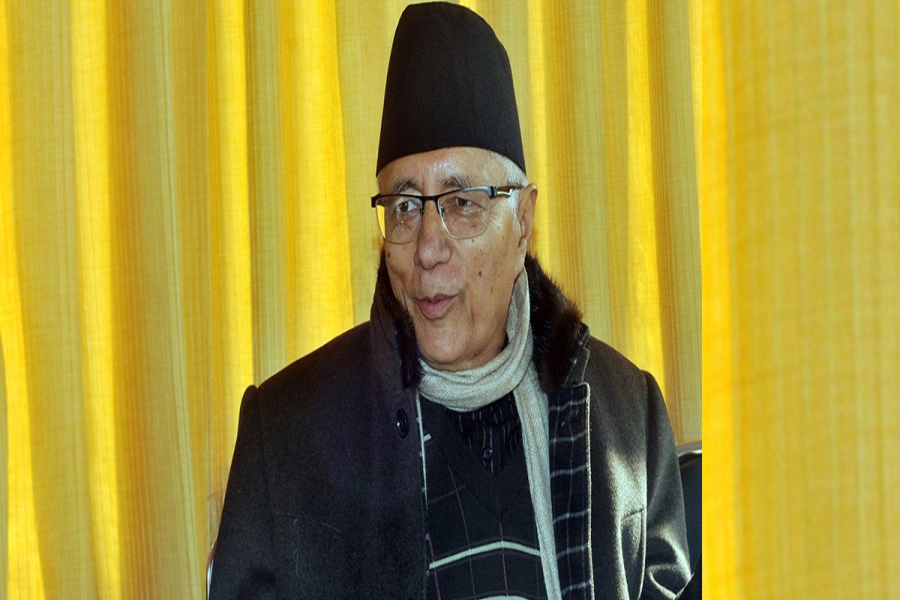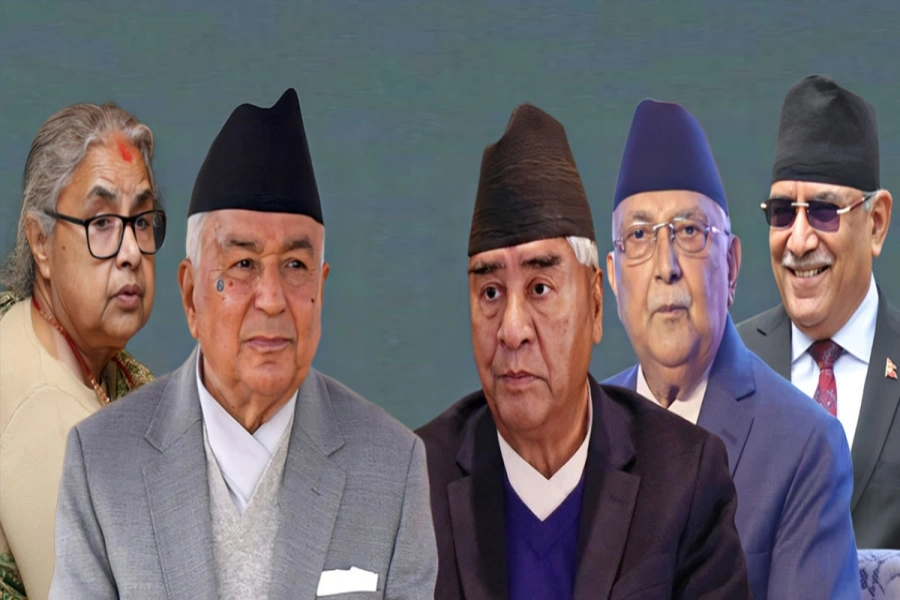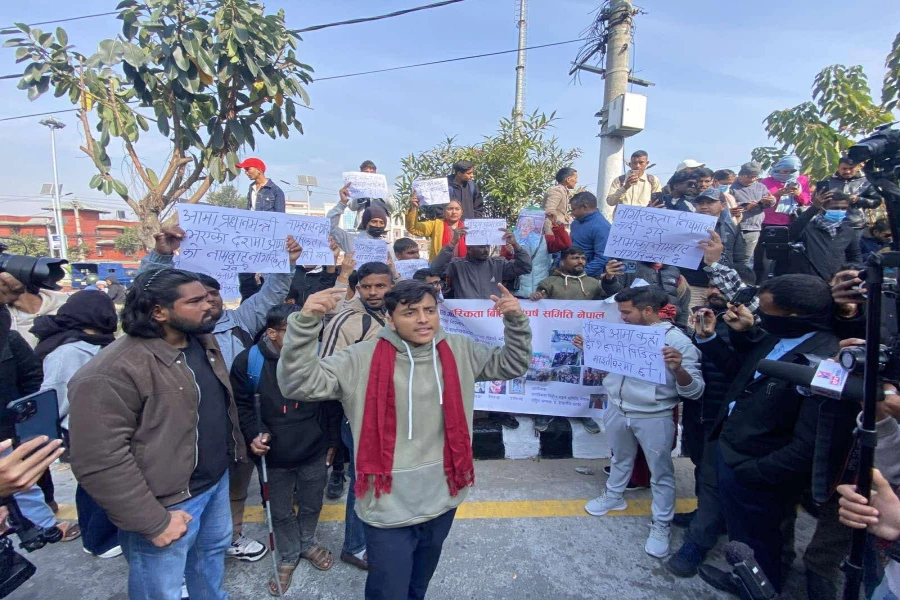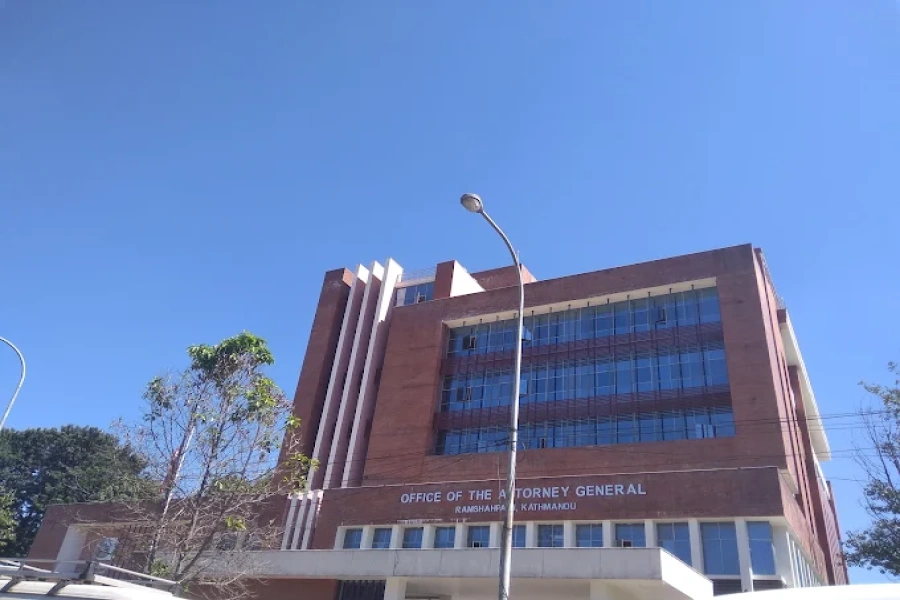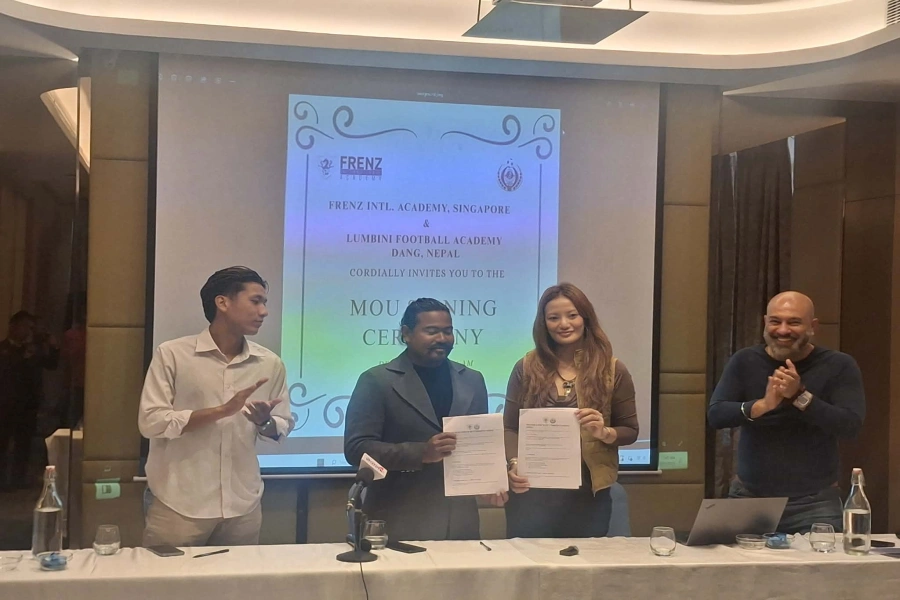KATHMANDU, Oct 6: Private sector power producers have demanded the government to address the issues related to the procedural delay along with promoting the construction of transmission lines to capitalize the benefit from electricity exports.
While welcoming the recent tripartite agreement among Nepal, India and Bangladesh for the cross-border electricity trade, the Independent Power Producers’ Association of Nepal (IPPAN) stated that additional steps from the government side are necessary for promoting export of Nepal’s electricity to its neighboring countries.
At a time when the government has signed an agreement with India and Bangladesh seeking to export a notable amount of electricity, the umbrella organization of the energy sector has sought policy and procedural reforms. “These measures are essential to meet the targeted electricity trade with India and Bangladesh,” IPPAN President Ganesh Karki told Republica.
Govt preparing to allow private sector to trade electricity: Mi...

On Thursday, Nepal, India and Bangladesh signed a long-awaited tripartite agreement paving the way to export hydroelectricity to Bangladesh via India. At present, Bangladesh is purchasing 40 MW of electricity from Nepal, while the SAARC country plans to import a total of 9,000 MW of electricity from neighboring countries in the next few years.
Likewise, India has also agreed to purchase 10,000 MW of electricity from Nepal over the next 10 years. The southern neighbor at present has consented to purchase 941 MW of electricity from Nepal.
To benefit from electricity exports while utilizing its resources fully, the government has targeted to produce 28,500 MW of electricity by 2035. “As Nepal needs to produce as much electricity as possible to benefit from export, the government’s aim in this regard is praiseworthy. However, the government’s moves do not seem to support its own targets of producing electricity,” said Karki.
According to the IPPAN, the government needs to step up efforts on a number of measures to speed up electricity production. “The government has to completely open the power purchase agreement with private power producers,” said Karki.
After putting on hold the PPA for power projects for a long time, the Nepal Electricity Authority (NEA) in February 2024 opened it for solar power and hydropower projects on certain conditions. Karki said the PPA was opened only for limited old projects, however the authority is still reluctant to open it for new power projects.
Apart from the PPA, the IPPAN has sought the government initiations for easing licensing processes for the power projects. According to IPPAN, simplifying banking procedures to facilitate investment in energy projects, providing additional concessions and reform in administrative, policy and procedural measures are deemed necessary from the government side. Likewise, the constructions of transmission lines including Dordi Corridor are also necessary for Nepal to realize maximum benefit from cross-border electricity trade, IPPAN added.




